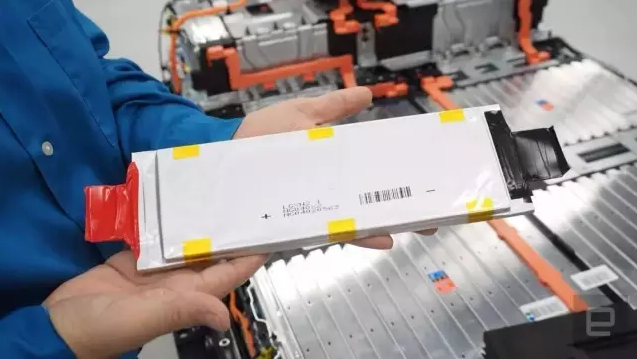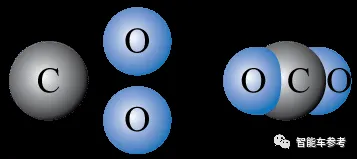
As the global decarbonization movement accelerates, about 30 new domestic related companies such as GS Yuasa, a major battery manufacturer, have been added to stabilize the production and supply of on-board batteries for electric vehicles (EVs).
The Yomiuri Shimbun reported under the headline "Electric vehicle battery safety strategy, 30 company councils to enhance competitiveness and rivalry with China". According to the report, a general association consisting of the "Battery Supply Chain Council" will be established in April and will work with the Ministry of Economy, Trade and Industry to formulate strategies such as refining rare metals such as lithium and establishing rules and recycling.
In addition to GS Yuasa, a number of other companies will be involved, including Prime Planet Energy & Solutions, a joint venture between Toyota Motor Corporation and Panasonic, and Sumitomo Metal Mining, which supplies raw materials such as nickel and lithium.
Regarding the background of the establishment of the new council, the article states that "China has the largest [market] share in automotive batteries". Japanese companies are cooperating to procure raw materials such as rare metals in a stable manner, which will lead to the expansion of battery production "with the aim of enhancing international competitiveness".
Electric Vehicle-related PPP Councils: The CHAdeMO Council was established in 2010 to expand fast chargers and standardize charging methods. In the wake of the establishment of theAt first, TEPCO was the steering wheel, but after the Great East Japan Earthquake on March 11 of the following year, Nissan and Mitsubishi Motors were instrumental in promoting the popularity of quick chargers.The United Nations has always played a central role in this regard. However, some members are reluctant to popularize electric vehicles, and historically they have not worked with each other. Even in the new council, the addition ofThe key to strong competitiveness also seems to lie in the deepening of cooperation among interested companies and their commitment to "All Japan".
(Source: Yahoo Japan)
[Zhongshun Xinneng Marketing Department August 13, 2021 Responsibility: Xiao Zheng]
* Reproduced for the purpose of transmitting more information, and does not mean that we endorse its views and are responsible for its authenticity.




